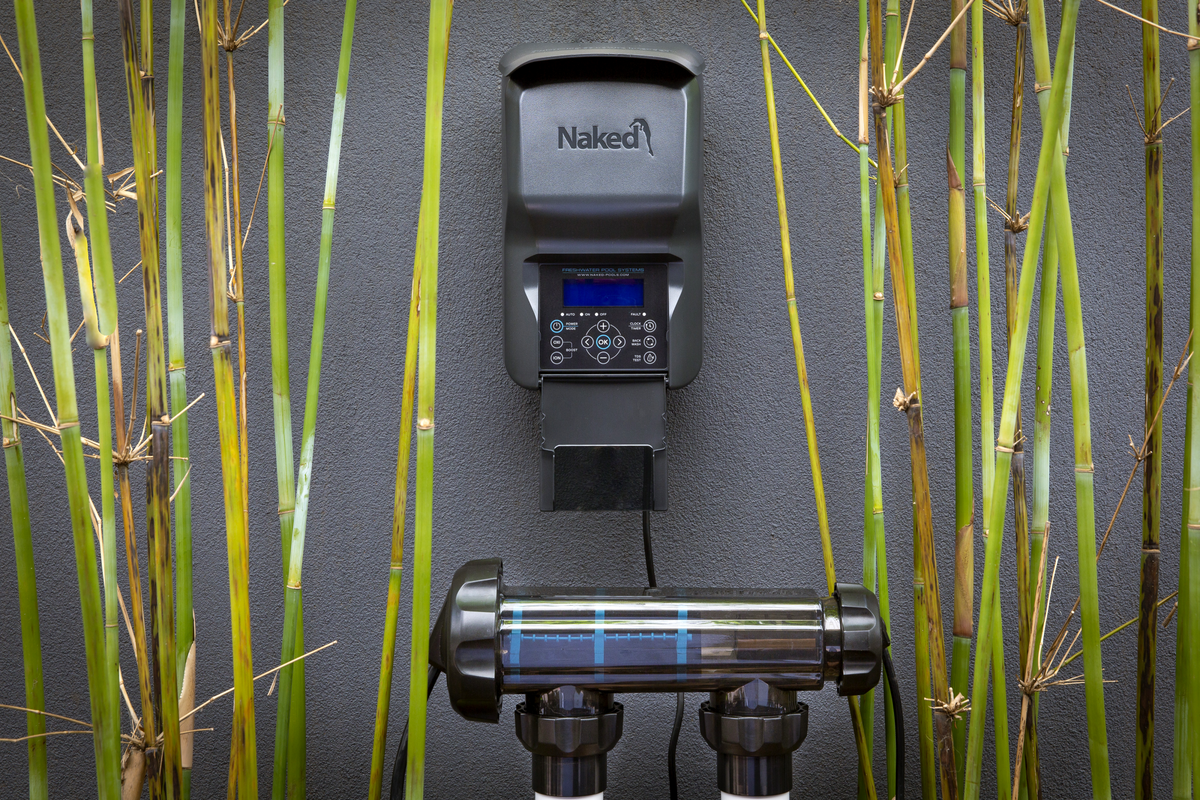"Our pool is so low maintenance and the odd time we need assistance the customer service has been amazing!"
Rachel Jan
Gold Coast
"The water quality is second to none and is gentle on the most sensitive of skin."
Natalie Finneran
"There aren’t many businesses left that provide after sales services like this anymore. Kudos to the Naked pools team."
Courtland Williams
"I’ve now had this system for over 2 years it’s been amazing - no more chemicals. Had 2 friends also made the switch to the naked system after my recommendation and have never looked back. "
Patt Stelliini
"The best thing we ever done to our pool."
Kit Anderson
Mudgeeraba, QLD













